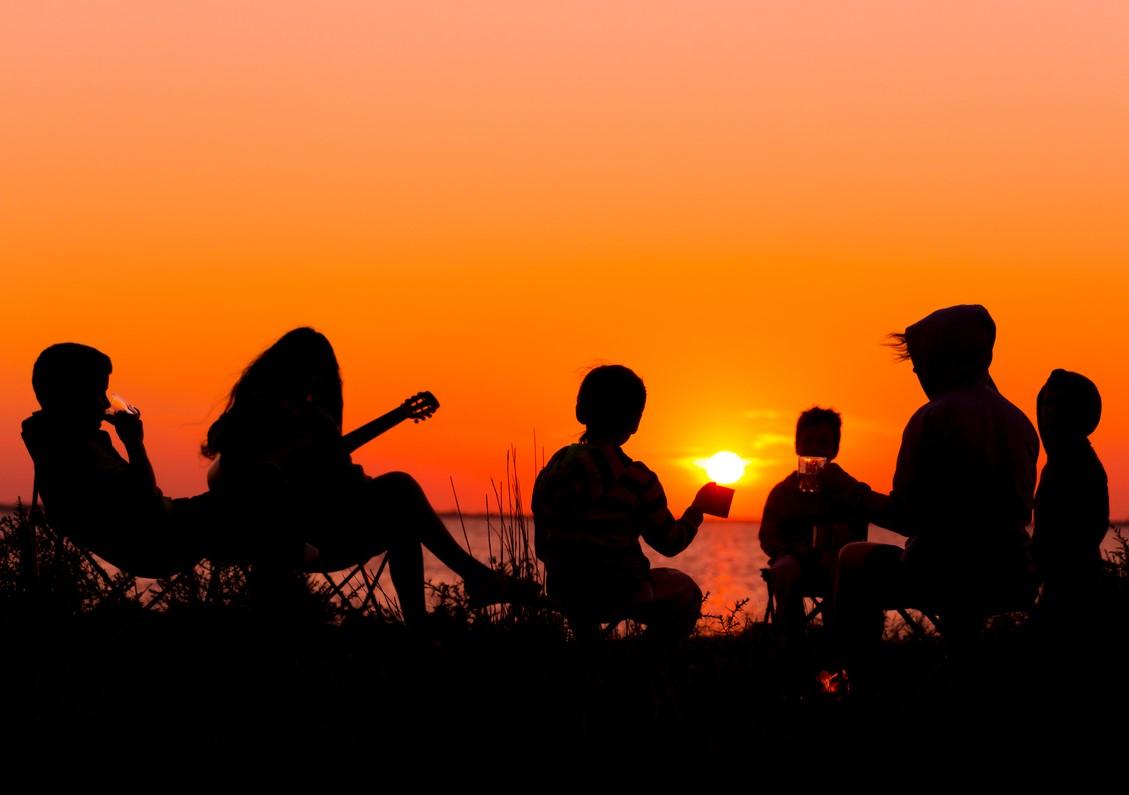A Morbidity and Mortality (MMWR) report today documents extensive and rapid spread of COVID-19 among students and staff at a Jul 2 to Aug 11 overnight summer high-school retreat in Wisconsin where participants had prolonged contact and shared sleeping quarters.
A single student who tested negative for SARS-CoV-2 within the week before the retreat was the likely source of the outbreak that infected 76% of attendees, according to the report's authors, who are from the Wisconsin Department of Health Services (WDHS), the Centers for Disease Control and Prevention, and several US universities.
Several pre-camp precautions
To mitigate the spread of COVID-19, retreat organizers required 152 attendees traveling from 21 states to provide documentation of a positive serologic (antibody) test within the past 3 months, or a negative SARS-CoV-2 reverse transcriptase-polymerase chain reaction (RT-PCR) test result within 7 days before travel. Organizers also required participants to self-quarantine within their households for 7 days before travel, and to wear masks during travel.
Teachers—but not students—wore masks during outdoor classes and maintained physical distancing, with separate sleeping quarters. Students and young adult counselors slept in tightly spaced dormitories or yurts, with shared bathrooms and common spaces.
Despite these pre-retreat precautions, one student developed a sore throat, cough, and chills on Jul 3 and tested positive via RT-PCR on Jul 5. The student was isolated in a private room, and 11 close contacts were quarantined together in a separate dormitory and then released on Jul 7 after receiving negative rapid SARS-CoV-2 antigen test results—which were not verified by public health authorities.
From Jul 4 to Jul 7, 6 of the 11 close contacts and 18 additional students developed mild COVID-19 symptoms. Symptomatic students were provided with masks, but retreat organizers did not conduct isolation or contact tracing. On Jul 13, 1 of the 11 close contacts of the index patient tested positive via RT-PCR at a local clinic, and the WDHS was notified of the outbreak on Jul 15.
An expanding outbreak
WDHS conducted RT-PCR testing of 148 attendees on Jul 28, and again from Aug 5 to Aug 6, showing 116 attendees (76%) as having confirmed (78; 51%) or probable (38; 25%) COVID-19, with at least 1 confirmed case in every dormitory and yurt. No positive tests were identified among four staff members—two teachers, a principal, and an emergency medical technician—who each slept in separate quarters.
Notably, all 24 of the attendees who had positive serologic tests before the retreat had negative RT-PCR results, which suggests some positive protective effect given the high observed attack rate. All confirmed-positive and probable attendees experienced mild to moderate illness with a low asymptomatic rate (1%), and no hospitalization or deaths were reported.
The report confirms that SARS-CoV-2 can spread rapidly among adolescents and young adults in congregate settings, and underlines the importance of robust COVID-19 prevention plans developed in collaboration with public health authorities.
"To prevent introduction of COVID-19, mitigation plans should also include pre-arrival quarantine, pre-arrival and post-arrival testing and symptom screening, the ability to isolate and quarantine, cohorting, physical distancing, mask use, enhanced hygiene and disinfection, and maximal outdoor programming," the authors advise.




















